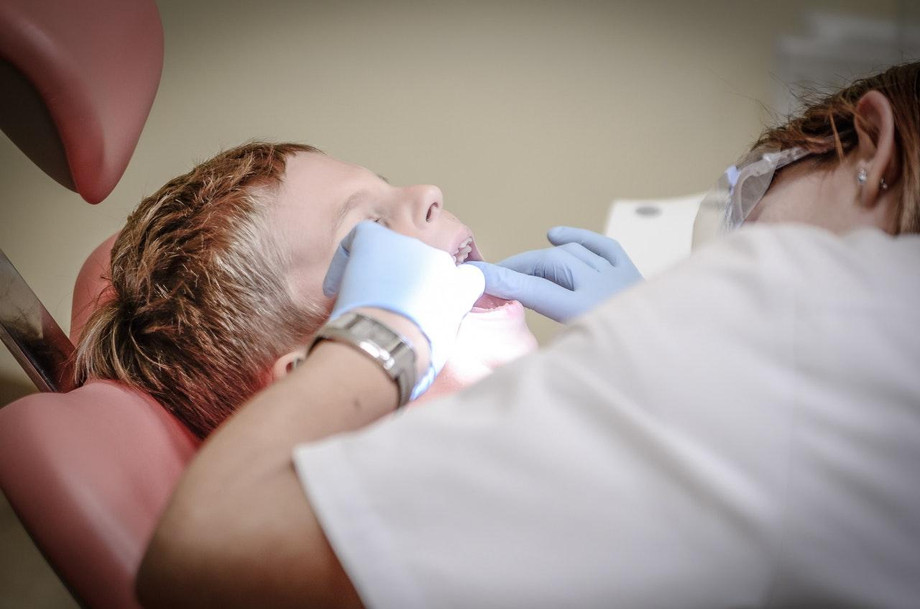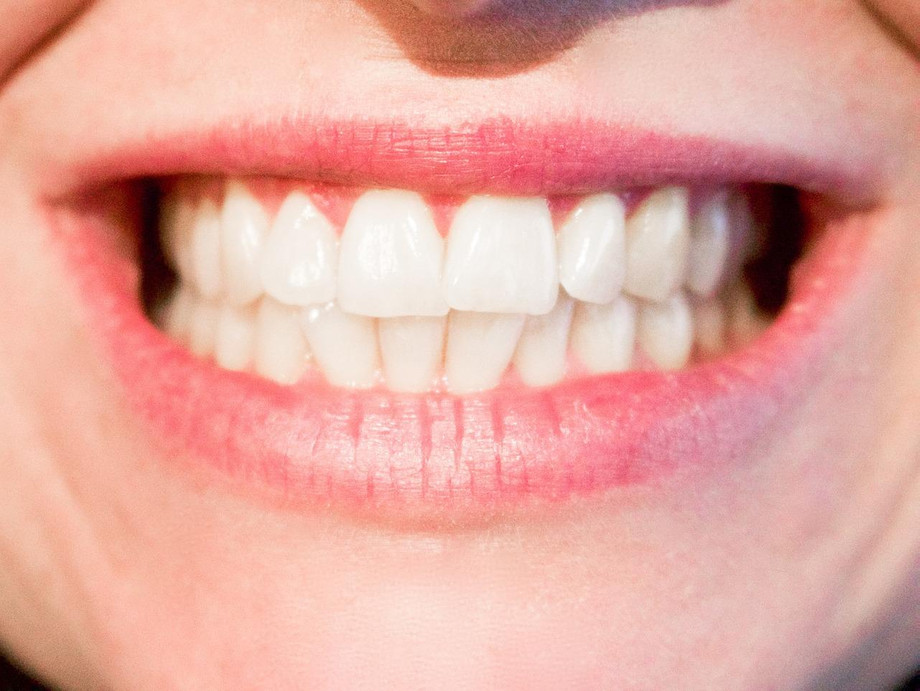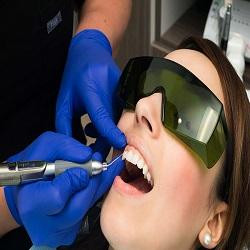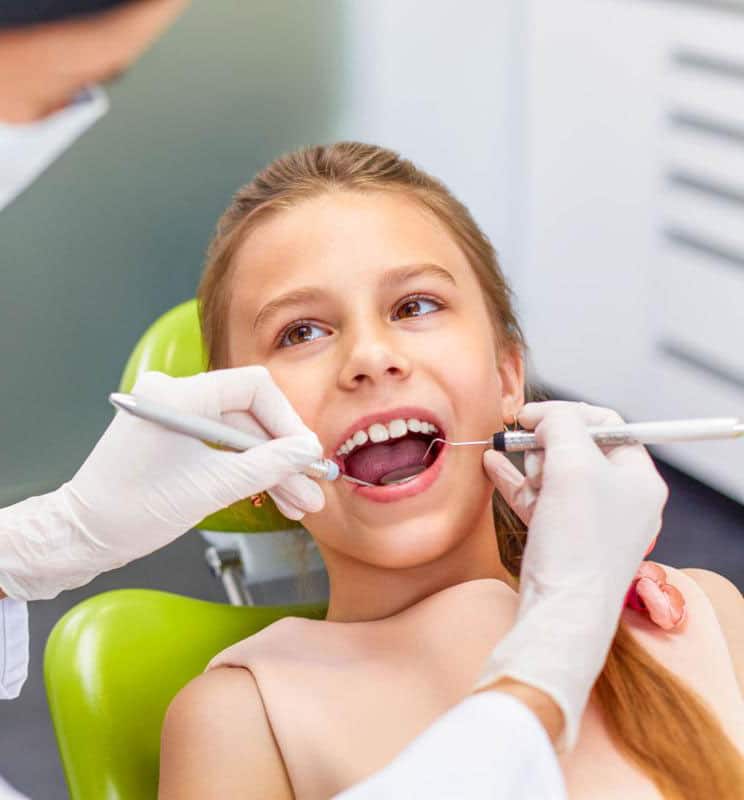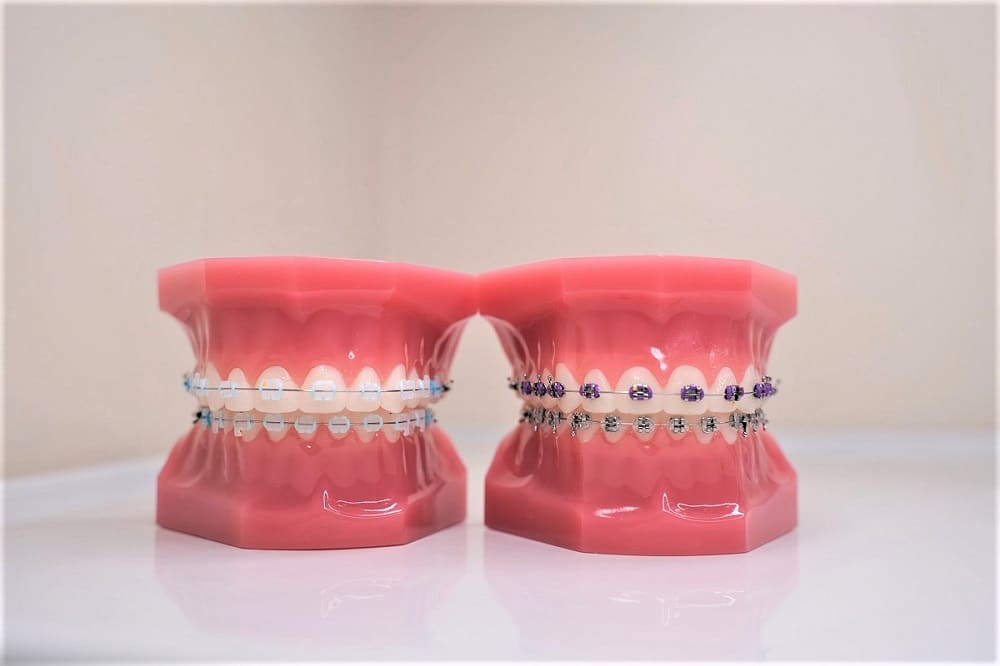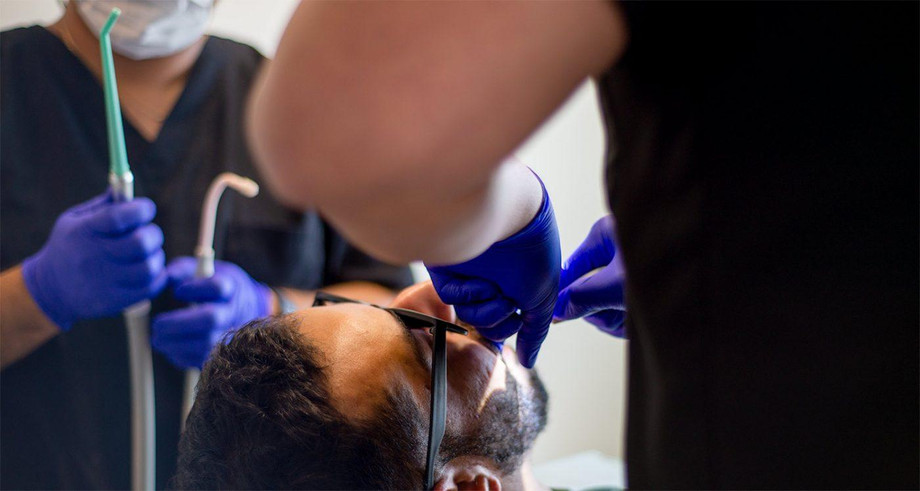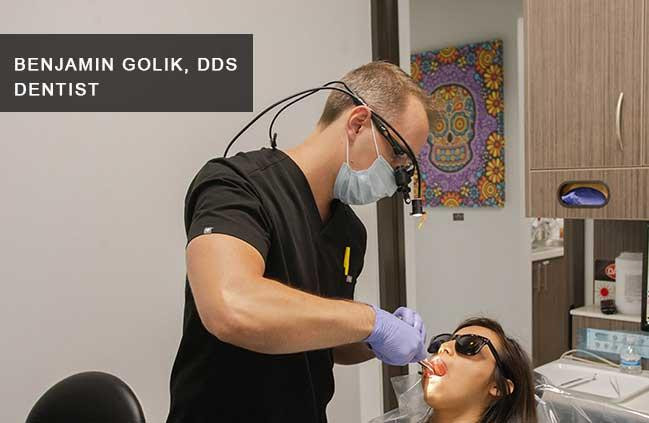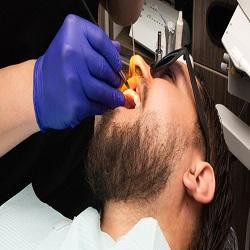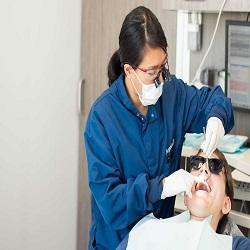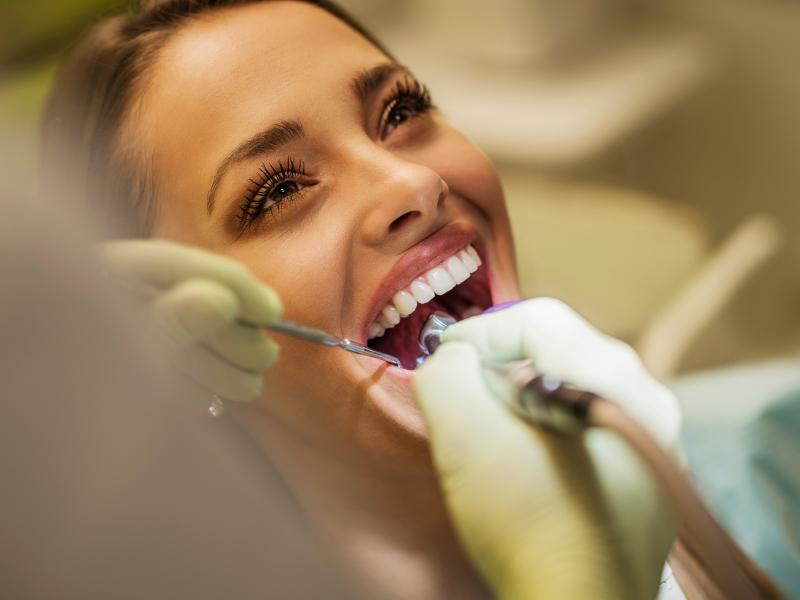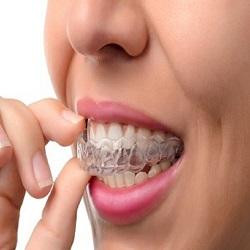As everyone has such a hectic schedule and a very busy life. People become careless towards their health. Oral health is also an important part of your body. But people don’t pay very much attention to it. They think only brushing can prevent them from all dental problems. But it’s not true. You should also be attentive regarding your health care. Oral hygiene is very important to prevent tooth decay, bad smell, and gum disease. Otherwise, you may lose your tooth.
In any case, if you have lost your tooth there is an option of dental implants. Dental implants are one of the latest dental technologies that are performed by specialists at dental clinics. Visit a good dentist to take advice and knowledge about this technology.
In this process, an artificial tooth is placed in your jawbone that makes a strong foundation and structure for a tooth replacement. A dental implant is different from other tooth replacement options because not only it replaces the tooth but a root also.
right for you. It becomes important when you have missing teeth or broken teeth.
Who can use this dental technology?
The patients who have strong and healthy gums and adequate bone to hold the implant. They should have all oral hygiene rules and visit dental care regularly. If you are addicted to smoke and having an oral disease and that is uncontrollable like diabetes, heart disease, or the people who are having any kind of neck therapy need to be evaluated first. So, first, consult your dentist, and be sure if it is right for you. Also, you should choose an affordable dental so that you have not to spend too much money on it.
If a person is suffering from a dental infection, a dentist uses root canal treatment to eliminate it. And you are having a severe infection that has reached the roots of a tooth called pulpitis that has gone deep inside the tooth. It happens when you have untreated tooth decay and it has reached its advanced stage. It also occurs when a sudden accident damages a tooth and allows the infection to the pulp. It may be possible that root canal therapy will be painful to you but after this procedure, the pain will end.
A dental crown is the last step in various root canal therapies. Some don’t think that it is important to be done. They are already frightened by the root canal surgery that they worry and don’t get ready easily for a tooth crown. Most of the time back teeth a.r.e molars and premolars need a crown. Because these teeth tolerate most of the bite force generally that is why they need extra support. Some other important reasons that determine whether a tooth needs a dental crown after a root canal is the dental health of patients or if they have broken or damaged the tooth in the past.
When you have too many carbohydrates in your diet, specifically foods that contain high sugar it forms plaque in your teeth. The formation of plaque leads to harmful bacteria that form acid which breaks the surface of your tooth. And these bacterias also cause holes in your teeth, called cavities. You may need tooth filling to get rid of the holes.
Why need tooth filling?
If you are having cavities of all sizes.
Small holes can be treated with dental fillings.
If you have a broken tooth.
It can slow the loss of tooth structure.
Mostly it is used when you have to fill holes in the tooth. And it is also a good option to repair the damaged tooth.
Article Source : https://specialist-dentist-in-katy.blogspot.com/2020/12/what-can-make-you-undergo-any-kind-of.html
Contact Us :
Nottingham Dental
20501 Katy Fwy #104, Katy, TX 77450, United States
https://g.page/nottingham-dental-katy?share
Call us at (281) 578-0211
visit https://www.nottinghamdent.com/ to Book your dental appointment online.







